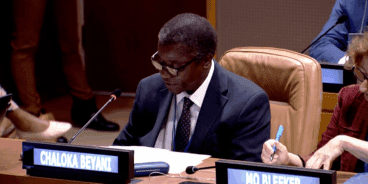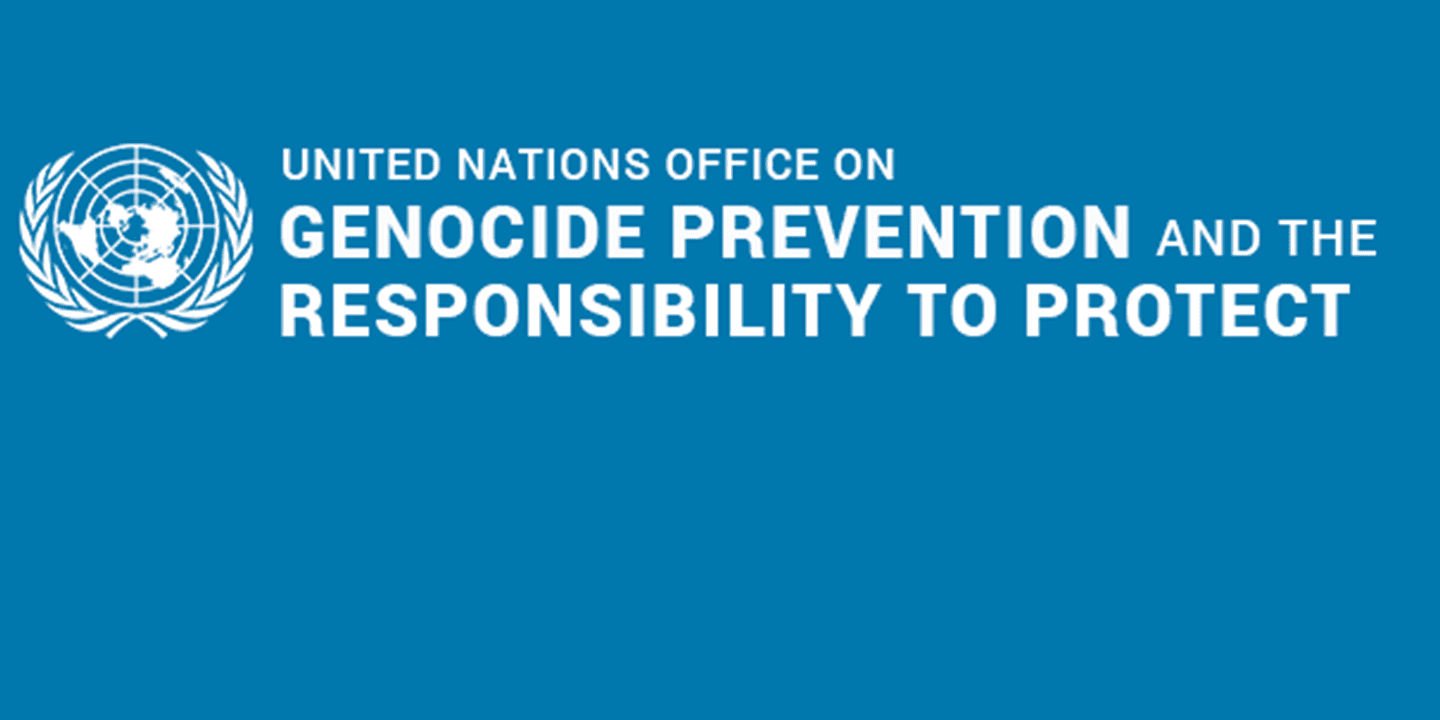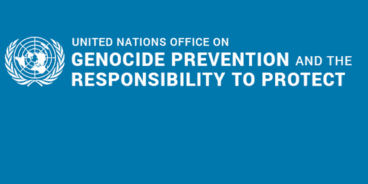

Statement by Ms. Alice Wairimu Nderitu, UN Special Adviser on the Prevention of Genocide, on first International Day of Reflection and Commemoration of the 1995 Genocide in Srebrenica
On 23 May, the General Assembly, with Resolution A/78/L.67, established an International Day of Reflection and Commemoration of the 1995 Genocide in Srebrenica. Today we are honoured to commemorate the first International Day since the adoption of the Resolution.
11 July will continue belonging forever to victims and survivors of those who perished in Srebrenica. Their sacrifice will continue blessing the lands that their fathers and mothers, brothers and sisters, friends and relatives, will continue honoring with their presence, their prayers, their constant resolve and their un-flickering memory.
Today, 14 victims of genocide were laid to rest at the Srebrenica Genocide memorial site in Potočari. My heart goes out to their surviving family members.
They are not alone. They will never be.
With the adoption of this Resolution, the General Assembly – the Assembly of the world – made the reflection and commemoration of what happened in Srebrenica a subject of global international observance.
The International Criminal Tribunal for the former Yugoslavia, the ICTY, determined, conclusively and beyond reasonable doubt, that genocide was committed in Srebrenica in 1995. The International Court of Justice as well as national courts have consistently reached the same conclusion.
The International Residual Mechanism for Criminal Tribunals, during its almost 15 years of existence, has continued the work of the ICTY and has permitted to account for all the individuals indicted by this Tribunal in the former Yugoslavia. They were indicted for the gravest international violations. A number of them were indicted for genocide – the gravest of crimes, the crime of crimes – for targeting a specific, protected group, with the intention to destroy the group in whole or in part. For wanting to erase a national, ethnical, racial or religious group from the face of the Earth.
The International Residual Mechanism for Criminal Tribunals continues supporting national jurisdictions in pursuing justice for thousands of suspected war criminals from Rwanda and the Former Yugoslavia. In the last two years alone, in the case of the former Yugoslavia, this has involved providing support to seven Member States and four international organizations, handing over more than 17,000 documents, and preparing investigative dossiers, crime base reports and analytical reports.
On the day of the adoption of the Resolution establishing the International Day, I issued a statement underlining the important milestone such step represented to honor and paid tribute to the victims of the Srebrenica genocide, survivors and their families.
In my statement, I expressed my hope that this Resolution, and the annual commemoration of the International Day that it established, will enable an opportunity for reflection and for dialogue to understand and learn from the past, so that it can never happen again and for reconciliation for all people in the Balkans.
We must continue reflecting on the lessons learned of what happened in Srebrenica and on the importance of prioritizing prevention and reconciliation. My mandate as Special Adviser to the United Nations Secretary-General on the Prevention of Genocide was established based on those lessons learned, as well as from the lessons learned of the 1994 genocide against the Tutsi in Rwanda.
We also know that hate speech has preceded the commission of genocide in the past. Victims were attacked with words before they were attacked with weapons. It is for this that, within the United Nations, my Office was designated as focal point on hate speech when the Secretary-General launched the United Nations Strategy and Plan of Action on Hate Speech in 2019. As such, we work in support of all possible initiatives to address and counter hate speech globally, in coordination with our UN colleagues in the field. Education plays a crucial role in raising awareness about the past and supporting prevention.
As we observe this first International Day of Reflection and Commemoration of the 1995 Srebrenica genocide, I cannot but think of The Mothers of Srebrenica, led by Ms. Munira Subašić, embodying the relentless and tireless determination for justice and prevention. The commitment and perseverance of these mothers, heroines for the whole world, in searching for their loved ones, and in working to bring perpetrators to justice, has defined not only Bosnia and Herzegovina but international justice globally.
This International Day, a day for observance worldwide, started with the quiet and humble observance that they have been dedicating to their loved ones every single day since that fateful 11 of July of 1995. This International Day, too, honors them. Their courage. Their determination. Their tireless efforts. Their commitment to make their suffering, the suffering of the world. Their honoring, the honoring of the world. Their hope, the hope of the world. Their commitment to prevention, the commitment of the world.
The flower of Srebrenica will continue growing in the fields where the blood of innocent civilians will continue nurturing the hopes and memories of those who will never forget them. But it will also continue blooming in the hearts of people of goodwill across the world. Survivors’ and relatives’ day of remembrance is now an International Day. Their suffering is universal, and so is their commitment to justice, peace, and reconciliation.
Let us honor them and their solemn commitment with our words and actions.
